The Irish Institute of Digital Business (IIDB) has today announced its global expansion with the addition of strategic international partnerships in France, Italy and Slovenia to join an established partnership in Brazil. This expansion sees IIDB research transform into a global network of dotLAB research clusters, building capacity, specific expertise and global reach for research in digital optimisation and transformation.
IIDB, and its applied research activity dotLAB, was founded in Dublin City University in 2018 to conduct theoretical and applied research that investigates and accelerates the adoption of digital technologies and the transformation of business using these technologies. These technologies include cloud computing, AI, FinTech, machine learning, blockchain, and more. The creation of the IIDB global network will create groups of research clusters focused on digital optimisation and transformation, each with a specialised and complementary set of expertise or domain knowledge. For example, dotLAB Brazil is a collaboration among five Brazilian university partners (led from the University of Pernambuco) with a research focus on cloud computing, Internet of Things, and applications of machine learning and deep learning, while dotLAB France, based in Rennes School of Business, will tap into the French partner’s strengths in the application of AI to business opportunities. dotLAB Italy located at the University of Chieti-Pescara offers notable expertise in the areas of psychology, behavior and neuroscience, while dotLAB Slovenia located at the University of Ljubljana offers unique opportunities in FinTech and InsurTech, among others.
Under the dotLAB umbrella, applied research focus areas incorporate key enabling technologies that are catalysing digital transformation including cloud computing, social, mobile, analytics and blockchain technologies. The research activity is structured around five interconnected research labs:
- finLAB @ IIDB explores the interface between digital technology and modern financial innovation.
- learningLAB @ IIDB focuses on how digital technologies can transform learning experiences and business processes.
- subculturesLAB @ IIDB takes a multidisciplinary approach in the examination of themes related to digital subcultures.
- trustLAB @ IIDB examines the interfaces between people, organizations and technology.
- workLAB @ IIDB takes a multidisciplinary approach to consider the ways in which digital transformation is transforming work.
Commenting on the international expansion, IIDB Director Professor Mark Cummins said:
“This global expansion will bring hugely valuable additional capacity and research expertise across our five research labs along with the ability to truly go global, identifying and researching global challenges across several international partners, each with their own strengths to leverage. This is an especially exciting time for the Irish Institute of Digital Business, with the strategic partnerships opening doors to new research, industry engagement, and funding opportunities”
These partnerships will enable global research as a network, on issues that really benefit from multiple competencies and global perspectives. For example, IIDB’s ongoing collaboration with dotLAB Brazil has already yielded major research in the area of public health by applying big data analytics and deep learning to understanding disease control and mitigation, specifically in malaria, tuberculosis, and COVID-19. It involves researchers from Universidade Federale de Pernambuco, Universidade de Pernambuco, Universidade Federale de Rio Norte, Fund de Medicina Tropical Dr Heitor Vieira Dourado, and Fund de Vigilância em Saúde. Much of the work is based in Manauas at the heart of the Amazon where researchers are working to better understand disease outbreaks and to support better decision making on treatment. More recently, IIDB researchers have been working on COVID-19 and the use of data from consumer shopping apps to better understand the efficacy of different non-pharmaceutical interventions by government agencies on disease mitigation. This work has been extended to look now into using deep learning to identify misinformation and disinformation attempts in the online vaccine and vaccination discourse.




